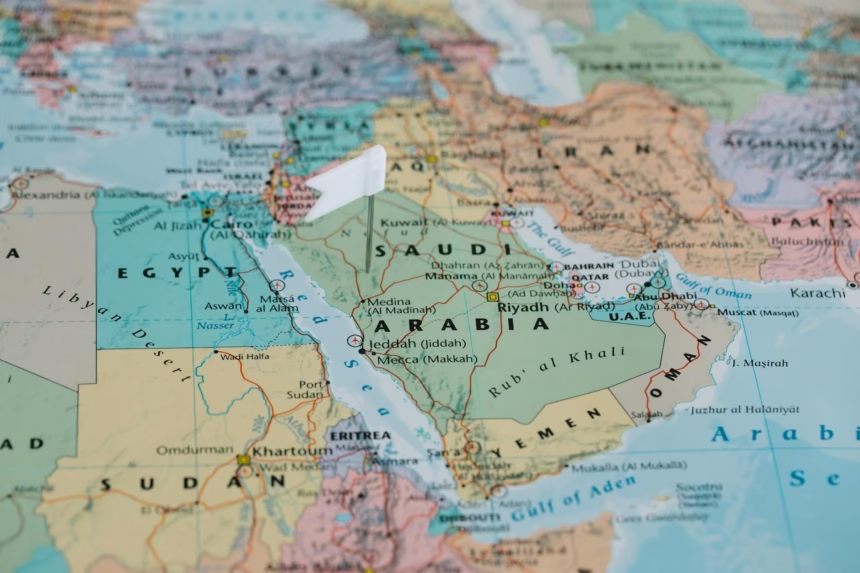Riyadh: Saudi Arabia has officially enacted a new law allowing foreign individuals and companies to buy and own property in the Kingdom marking a historic shift in its real estate sector.
Saudi Arabia Government Set to come into force in January 2026, the legislation includes a 180‑day transition period for implementing regulations
Under the law, non-Saudi nationals may purchase real estate in designated zones, with initial emphasis on major cities such as Riyadh and Jeddah. Ownership in Makkah and Madinah remains subject to stricter rules, and in most cases is still prohibited for foreign buyers except in very limited circumstances.
Individuals holding iqama (residency permits) can buy one home for personal use outside the holy cities Foreign companies, investment funds, and licensed entities will also be allowed to acquire property including in Makkah or Madinah.
To guide this change, the Real Estate General Authority (REGA) will define the zones open for foreign ownership and set limits on ownership rights and usufruct duration.
Detailed executive regulations will be published within 180 days of the law’s official gazette release, via the government’s public consultation platform.
Also Read | Saudi Arabia trials food-delivery robots in Riyadh
All foreign property acquisitions must be formally registered in Saudi Arabia’s national real estate registry. Transfer fees of up to 5% may apply, and violators could face fines of up to 10 million SAR or be compelled to sell the property if fraud is involved.
Saudi Arabia’s new property law repeals Royal Decree No. M/15 of 2000, which previously set the rules for foreign ownership. The government will issue executive regulations within six months to explain how the law will work, including which areas are open, the conditions for buyers, and the steps for compliance.
Also Read | Saudi Arabia offers free Hajj to 1000 Palestinian Pilgrims
This reform aligns with the Kingdom’s Vision 2030 strategy, which aims to diversify the economy, attract global investment, expand real estate supply, and foster job creation.
Experts anticipate that allowing foreign ownership will bring international developers, capital inflow, and improved market transparency while supporting housing affordability and stabilizing prices.
Meanwhile, Saudi inflation has seen a rise in housing rents, prompting the government to balance residential supply. The new real estate law is part of these efforts to ease the rental market over the long term.




I savor, lead to I found exactly what I used to be taking a look for. You’ve ended my 4 day long hunt! God Bless you man. Have a great day. Bye